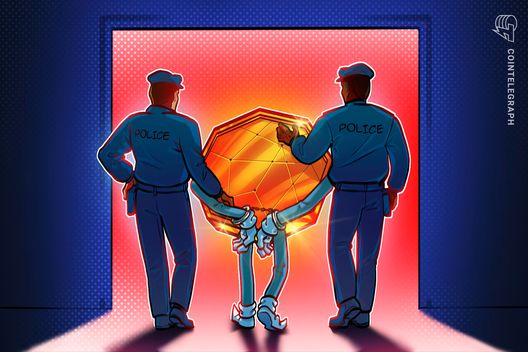

Sweden is intensifying its crackdown on cryptocurrency-related crime, with Justice Minister Gunnar Strömmer urging law enforcement to "turn up the pressure" on crypto seizures. This directive, announced on July 4, 2025, instructs police, tax authorities, and the National Enforcement Authority to escalate the confiscation of digital assets suspected of being linked to illicit activities.
This move leverages a controversial law enacted in November 2024, which grants authorities the power to seize digital assets even without concrete evidence of criminal activity, if owners cannot satisfactorily explain the origins of their crypto holdings. This legislation is considered one of the strictest in Europe. Since its implementation, the law has already resulted in the seizure of $8.4 million in property.
Strömmer emphasized the need for enhanced cooperation between agencies when dealing with high-value assets like cryptocurrencies. The push for stricter crypto regulations is driven by growing concerns over the role of digital assets in Sweden's organized crime economy. A report from Sweden's Police Authority and Financial Intelligence Unit in September 2024 highlighted that some cryptocurrency exchanges function as money laundering services, facilitating the flow of illicit funds. The report urged law enforcement to increase its presence on crypto trading platforms to identify and dismantle such operations. The report also estimated that approximately 62,000 individuals were involved in or linked to criminal networks in Sweden as of 2024.
While specific data on crypto-related crimes remains limited, authorities point to the anonymity and cross-border capabilities of digital assets as key factors enabling organized crime. These concerns have likely influenced Strömmer's argument that Sweden's asset forfeiture laws must adapt to the evolving landscape of financial crime. The legislation applies to all individuals, including children, young people, and those with serious mental disorders at the time of the offense.
Interestingly, this push for increased seizure activity coincides with legislative efforts to establish a national Bitcoin reserve, similar to initiatives in the United States, Czechia, and Italy. Dennis Dioukarev, a Sweden Democrat and prominent advocate for a Bitcoin reserve, supports Strömmer's call. Dioukarev has suggested that confiscated cryptocurrencies, particularly Bitcoin, should be transferred to Sweden's central bank, the Riksbank, to build a strategic reserve. He views this as a way to convert crime-fighting efforts into long-term economic benefits, stating that cryptocurrencies confiscated from criminals should be repurposed to strengthen Sweden's financial position. However, the government has remained silent on the fate of confiscated crypto assets. When asked about the specific actions the Swedish government plans to take to increase crypto seizures, Minister Strömmer's press office declined to comment.
Despite the lack of clarity on the government's specific plans and the future of seized assets, the intensified focus on crypto seizures signals a significant step in combating criminal networks that utilize cryptocurrency for illicit activities. The Swedish parliament explained that the law allows the confiscation of assets from individuals with unexplained wealth, even if they are not directly linked to a specific crime. This includes cases where individuals possess large amounts of cash, sizeable bank assets, or luxury items that are disproportionate to their income and cannot be otherwise explained.